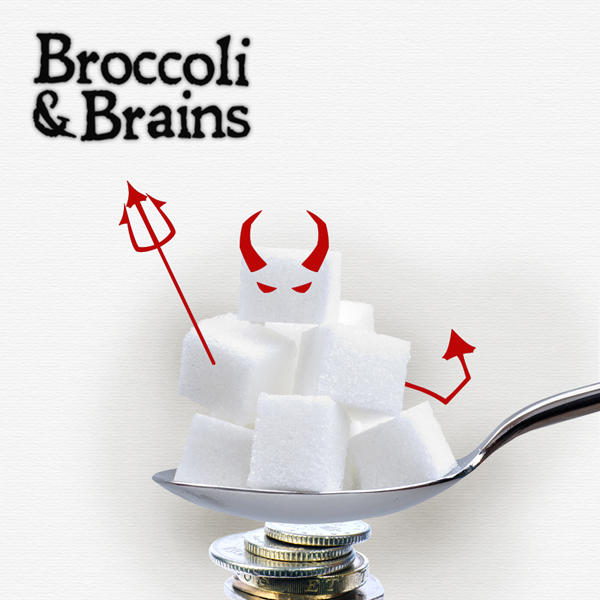We have created a civilisation that does not suit our bodies. Every element that makes this sea of fat – processed food, long hours, the television and computer – might by itself make us fat. Together, they are irresistable. Journalist Tanya Gold explains why more than a tax is needed to beat obesity.

I see fat children, struggling to climb the climbing frames in the playground, eating fried chicken in the street and screaming for sugar, which their mothers, who are also fat, provide.
And I am not above these creatures: as I have written, I too am fat. So is husband. So, I fear, is my son.
I do not often think about fat; I prefer not to ponder it, having happier things to do. The enjoyment of any drug – and do not be deceived, food is now a drug – is dependent on denial.
But in 2016 when the then chancellor, George Osborne, raised his black eyes from his pale face and noticed the fat lapping around his own drug, which is power: there will, he said in his budget, be a tax on sugar. The epidemic of gluttony, the transformation of the streets of London into a wasteland filled with chicken bones and packets of Haribo, has been noted. Something will be done to save us. Or, should the makers of sugar thwart the government – and I think they will try, because their sickness is also greed – not.
Doctors, of course, are happy. Obesity, they say, is the new cigarette smoking: those who used to smoke (70% of men) are now fat (66% of all adults). It is as if the nation cast out one drug, and reached, with a hundred million groping hands, for another. In this is our only hope; when our children watch us die of our fat related illnesses, will they stop?
We have created a civilisation – I am being polite – that does not suit our bodies. Just a few hundred years ago, we worked for our food with our bodies; and, whilst we might have died of smallpox or in childbirth, we were rarely fat. Now we live in cities, buy our food, and grow fat on our good luck. It is, I think, a sign that we are near the end of this consumer-capitalist civilisation: we are dying of our own success.
Every element that makes this sea of fat – addictive processed food, the gaudy advertising that sells it, the fashion to work indoors on chairs, the annihilation of public space, both men and women working long hours and, above all, the monstrosities that are the television and the computer screen – might by itself make us fat. Together they are irresistible.
It all came too fast, you see; and somewhere, as man raced to the moon, or placed a computer in a telephone, or invented jeggings, we forgot how to eat; and this is pitiful. Slenderness is now a fetish and, usually, a sign of great wealth; as if being thin, by itself, was a full time job requiring therapists, personal trainers, a narrative, a chef. Slenderness is the new small dog.
In this dystopia – a species living in the wrong habitat – taxing sugar, by itself, seems pointless; it is a whisper on the wind. This, of course, may be my own denial, as I yearn for the next burst of sugar; but only something dramatic – more dramatic than a politician’s budget – can save us.


